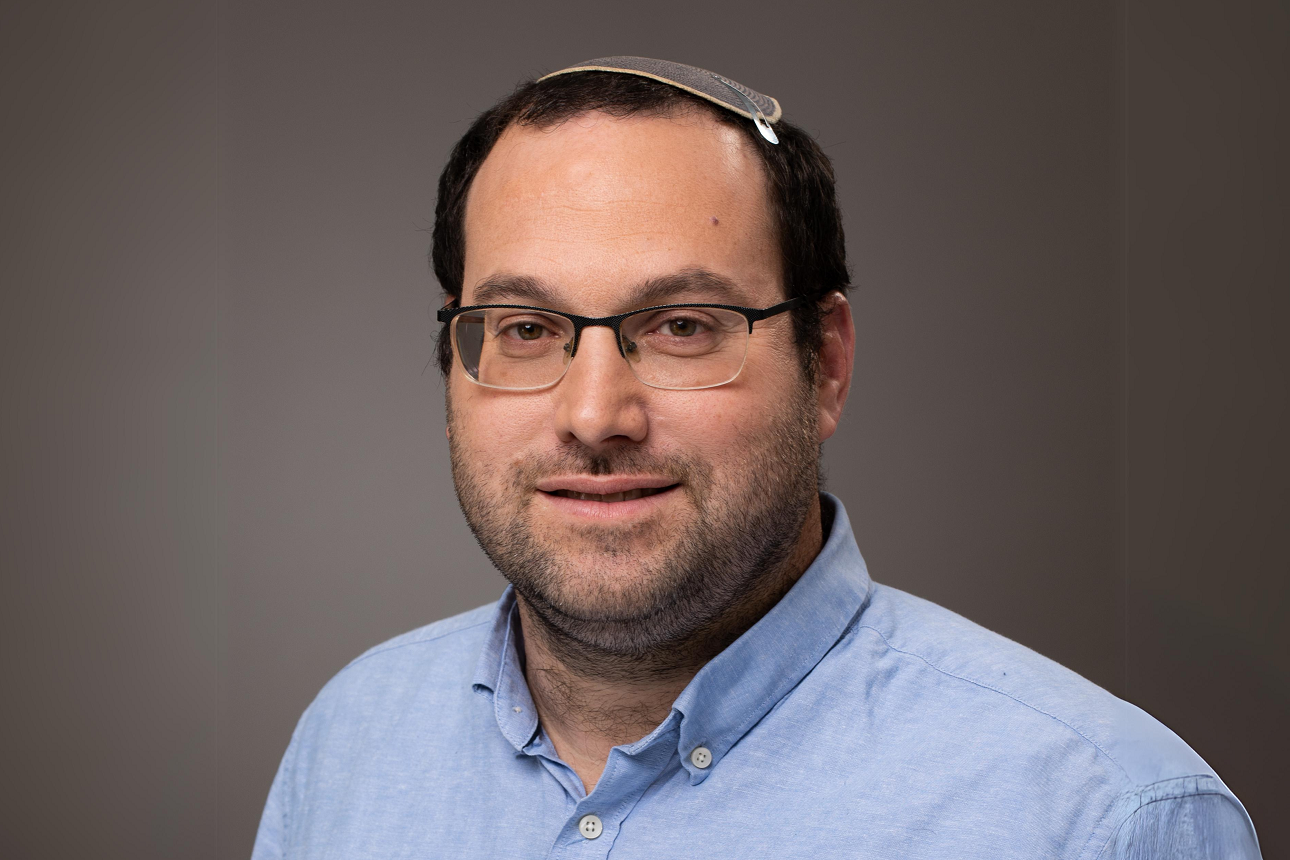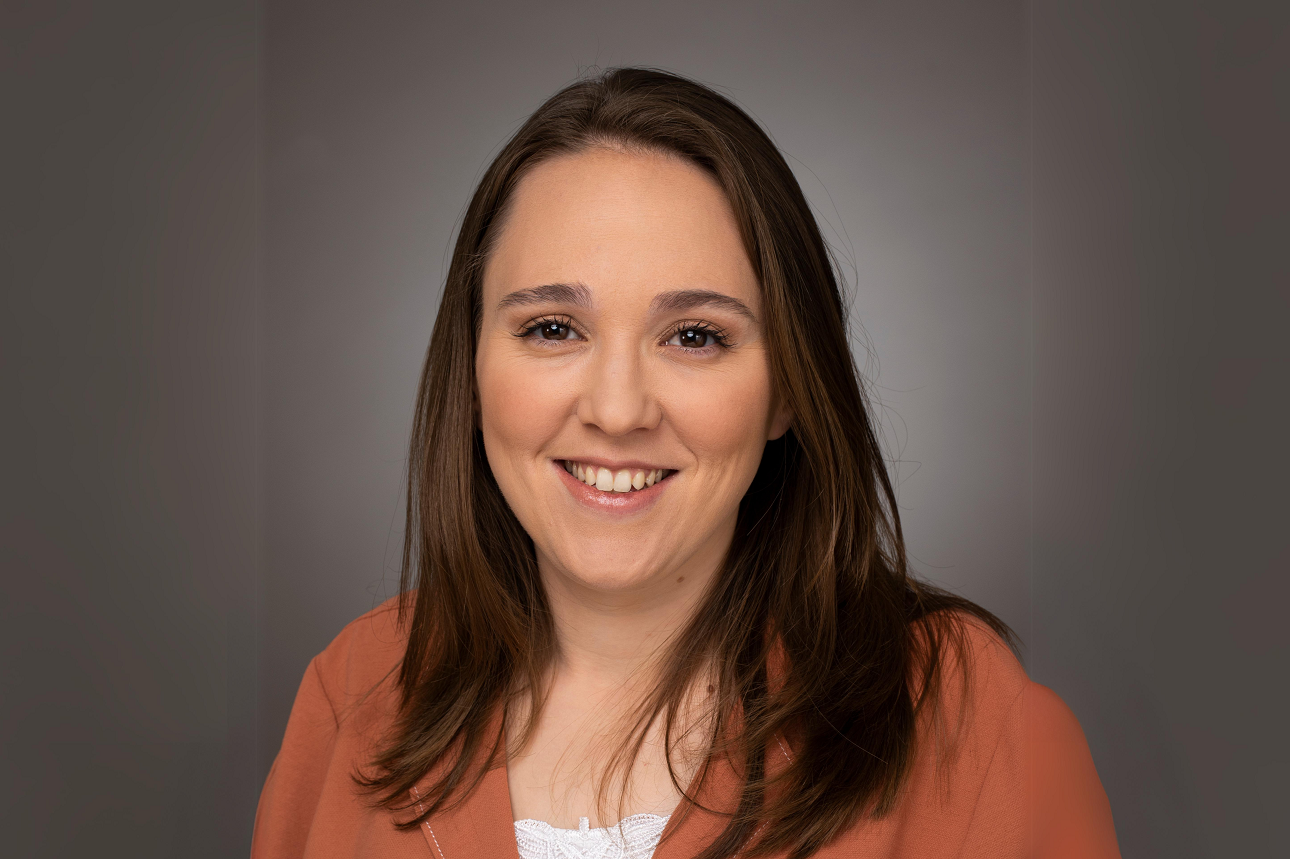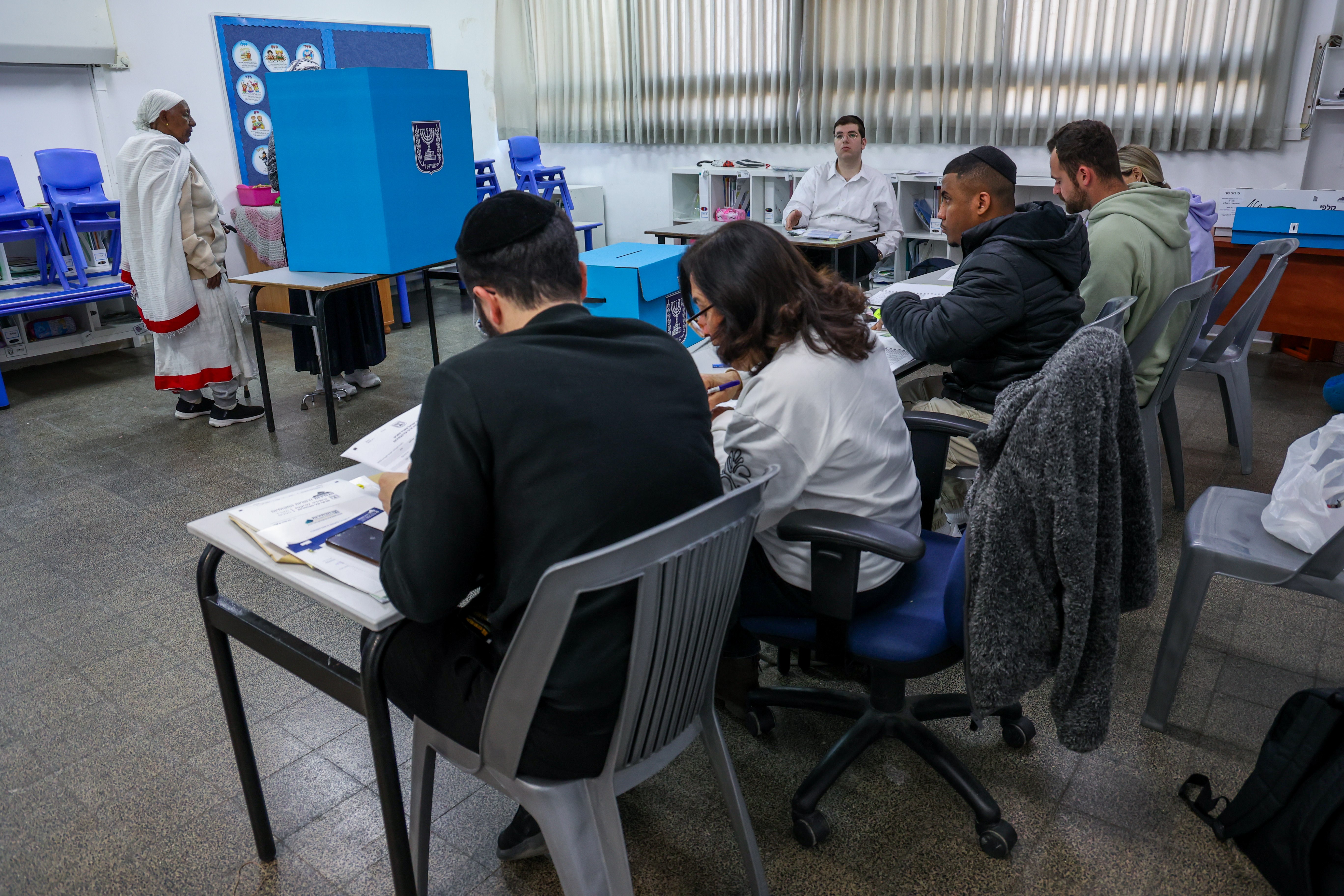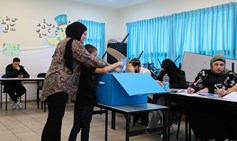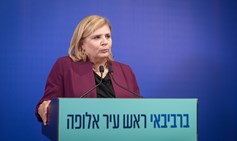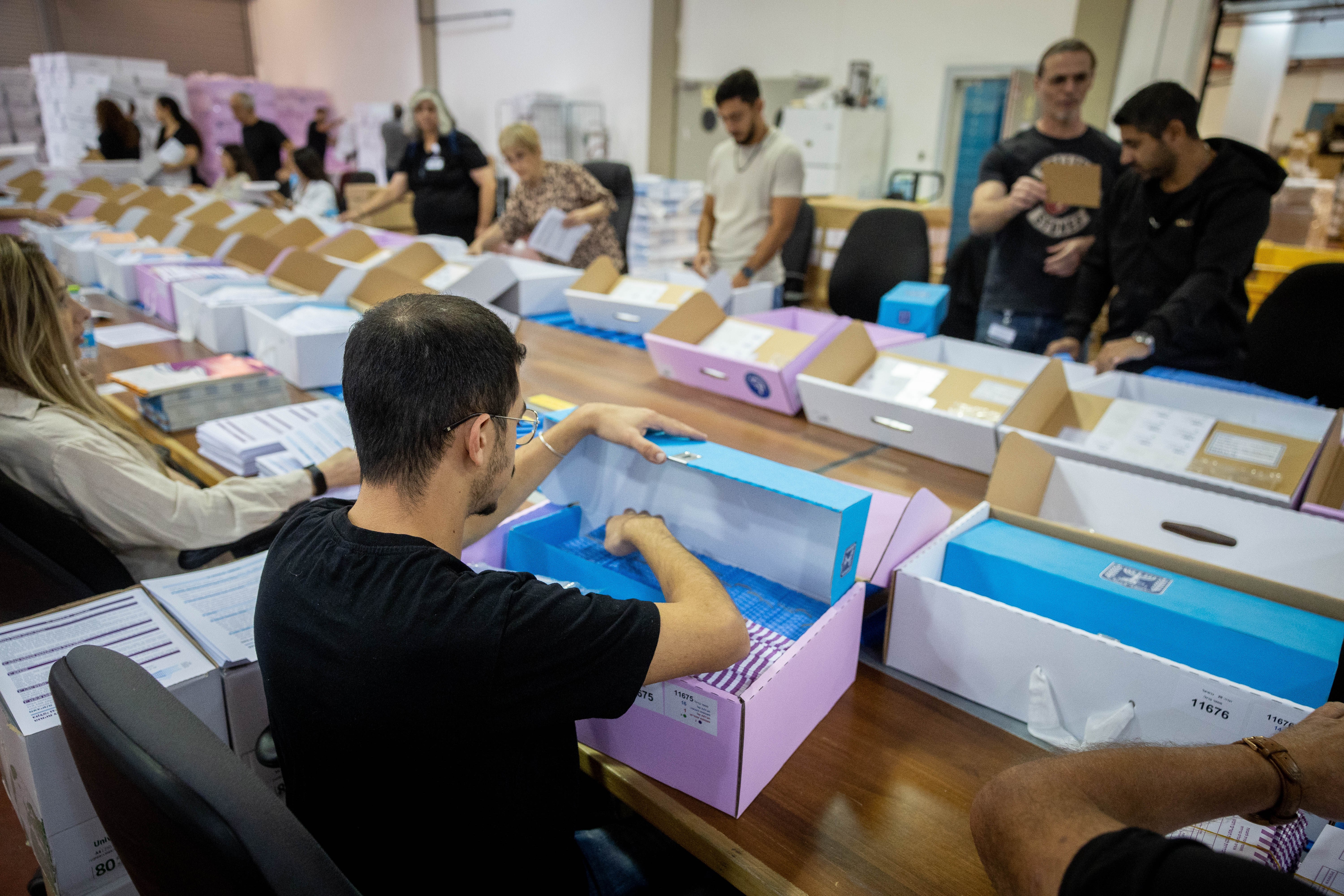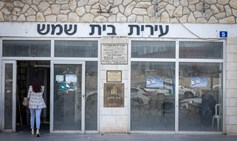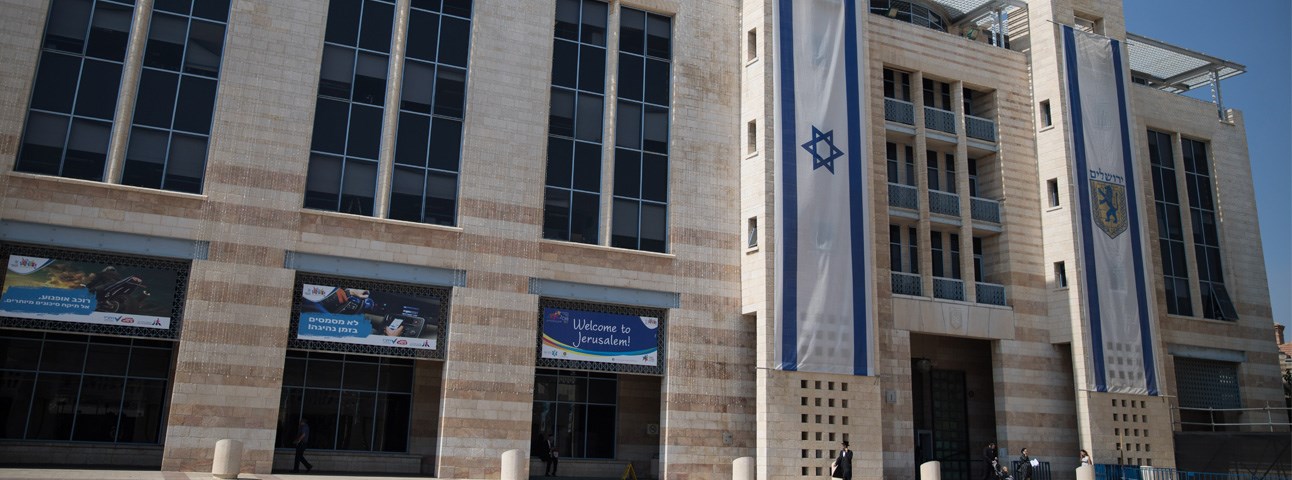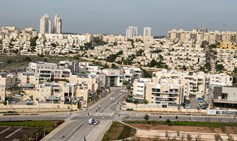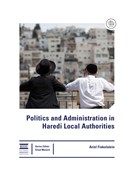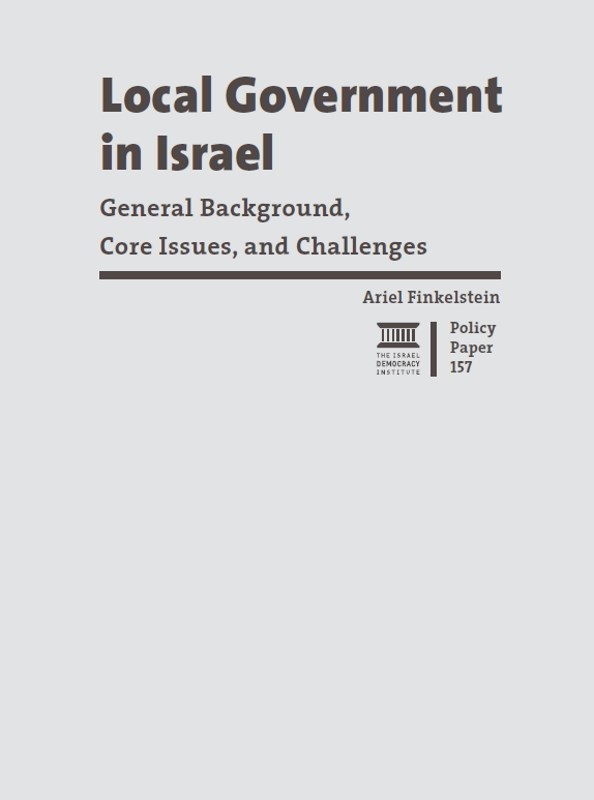Local Government Project
Project in the Civil Service Reform Program
A strong and efficient local government is one of the building blocks of a democratic society, increases the effectiveness of the system and bolsters the checks and balances between the various levels of government.
In recent years there has been growing debate over the status of local governments in Israel. In the wake of the Covid crisis, in which local governments played a pivotal role and the increasing instability of the central government, there is increasing public demand for further decentralization and empowerment of local authorities in Israel.
The local government project is part of IDI’s Civil Service Reform Program, and deals with an extensive array of issues relating to local governments in Israel. The project constructs a framework with which it studies the nature, status, and authorities of local governments, and works to strengthen its effectiveness. Research and metrics show that Israel is one of the most centralized countries in the Western world. Therefore, the project focuses on decentralization and the distribution of powers to local authorities. The project also deals with consolidation of internal monitoring mechanisms within local governments, including members of local councils and democratic gatekeepers.


